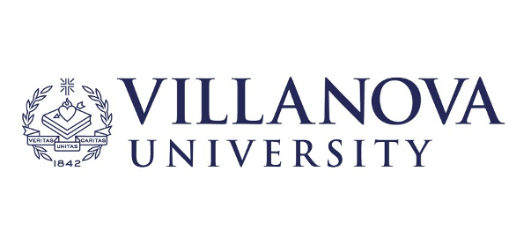While quantitative skills are necessary in finance, to succeed in a variety of financial roles, you need to equip yourself with a mixture of hard and soft skills in finance.
Especially since jobs in finance span multiple sectors—for example industries such as healthcare, tech, and consulting employ financial professionals, and quantitative acumen will only get you so far.
Here are the top three finance skills employers are looking for in 2024.
1. Critical thinking and problem-solving are skills needed for finance
In your finance career, you need to be able to solve a client’s data-based problem, which requires strong critical thinking and an aptitude for problem-solving.
In fact, Michael Pagano—professor of finance and faculty director of the STEM-designated Master of Science in Finance (MSF) at Villanova School of Business (VSB)—predicts that critical thinking and problem-solving will be among the top finance skills employers seek in 2024.
“It can be challenging for students nowadays to keep up with the technical and quantitative side of finance,” he says, “being able to step back from the data to then assess what and how it solves the problem is really important.”
In the 11-month Master of Science in Finance, students harness their skills in this area through the Portfolio Management course. This is where students handle real-life money to invest in stocks, applying their knowledge from other relevant graduate courses such as Analyzing and Leveraging Data.
“The experience is exactly like being a real-life money manager,” Michael says.
MSF students deepen their understanding of the industry through classes taught by industry experts and market practitioners.
2. Communication and teamwork can help you succeed in your finance career
You might assume that financial careers involve being glued to your desk analyzing complex spreadsheets, but this is a common misconception.
If you want to rise through the ranks in your future career in finance, you’ll need to know how to lead a team, clearly communicate your findings to senior management and investors, and collaborate with others on projects.
"If you can work in a team, cut through the noise to outline a clear decision, and communicate that decision clearly, you're going to be really successful," Michael explains.
Many Master of Science in Finance programs allow you to practice these skills in a supportive environment, and the Villanova MSF is no different.
The Gmelich Lab for Financial Markets at Villanova School of Business is an immersive lab that replicates a Wall Street trading desk and connects students with data from 28+ Bloomberg terminals and other historical data sources.
MSF students also have the chance to improve their communication skills during visits to Wall Street firms, meeting top financial professionals.
3. Finance technical skills are a must
The ability to pivot between quantitative and communication skills will help you advance rapidly in the competitive finance industry.
“Finance is becoming increasingly more quantitative,” Michael says, “so, to understand programming, as well as statistical software, such as SAS and Stata, is becoming more like table stakes.”
These specialist skills are taught throughout the Villanova MSF program in courses such as Introduction to Quantitative Methods in Finance using Python and Programming in R.
Testament to the strong skills harnessed throughout the program, MSF graduates land top careers in finance in areas such as investment banking, corporate finance, and fintech. Some ambitious grads have even gone on to roles such as the head of data at a fintech startup.
The location of Villanova School of Business near Philadelphia, Pennsylvania, means that it’s within easy reach of financial hubs, New York and Washington DC, making it easily accessible to visit these cities for class and job interviews.
Philadelphia itself is rich in trading history, being home to the oldest stock exchange in the US: The Philadelphia Stock Exchange (now known as Nasdaq PHLX).
Whether or not you come from a background in finance, studying for a Master in Finance degree can help you gain that all important mix of finance skills.
“A lot of students arrive to the MSF program without finance backgrounds but manage to get up to speed amazingly quick. Unlike some programs out there, the master’s at VSB is broad and can suit any major,” Michael concludes.
Student Reviews
Villanova School of Business








